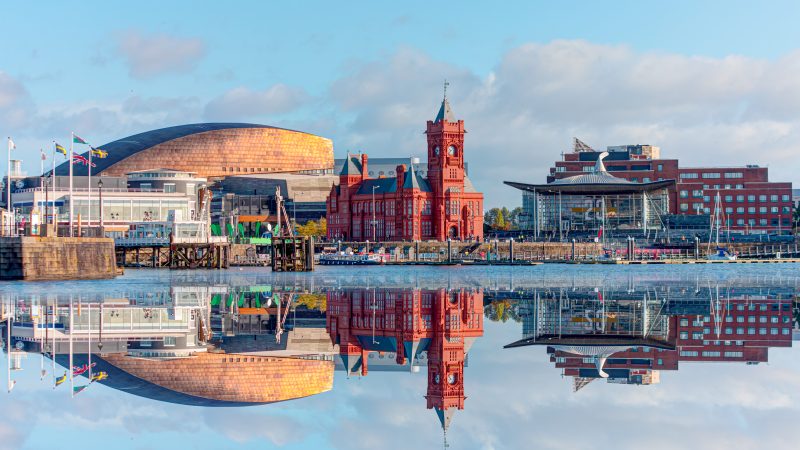
Our RightWhen Bob Dylan sang “don’t speak too soon for the wheel is still in spin, for the times they are a changing”, he was reflecting on the political and social upheavals taking place in America at the time. Nevertheless, his words do encapsulate quite well some of the evolving sentiments around the democratic challenges facing Wales and the UK. Change is coming, but the outcome remains uncertain and is still very much ‘in spin’.
The constitutional framework that governs the way our four nations work together is broken. This is not just my partisan view but the view of constitution and legislation committees across all four parliaments and assemblies, who have determined that it is not fit for purpose. Brexit has not caused our constitutional problems. These have been simmering away for many years. The removal of the EU constitutional umbrella has exposed the tectonic faults in our political system and accelerated the process of fragmentation.
Until recently, the debate has been dominated and restricted to the binary choices of an ill-defined independence or an equally polarising hard-British unionism based by, and largely on, a growing English nationalism with an epicentre in 10 Downing Street. The recent publication of We the People: The Case for Radical Federalism has started the process of shifting and broadening the debate.
The possibility of reform, based increasingly on the process of decentralisation of power to give individuals and communities a greater say, has sparked interest. It suggests the progressive principles that would allow for a deeper reform, one which does not set nation against nation but that recognises the sovereignty of each and offers the opportunity of a reformed UK. A reform not based on the dominance of Westminster, but that recognises the sovereignty of the four nations and seeks to create a constitutional framework for sharing those areas where there is a common or mutual interest.
Tackling reform in England is a big ask. The pressures between the large cities, the metropolitan mayors and the government are clear for all to see. Any reform must seek to engage our largest and nearest neighbour, England. But we cannot afford to wait. We need to start thinking about the future of Wales now. What should Wales look like in the future and what should its values be? How can government reconnect with the people of Wales and renew confidence in the vitality and accountability of our political institutions?
For many people in the regions of Wales, it isn’t just London they feel disconnected from – it is also Cardiff. We must address the need to further devolve power not just from London to Cardiff, but also from Cardiff to the regions of Wales, and to develop a new invigorated role for local government. We need a national conversation, our own Welsh constitutional convention – a people’s convention. A grassroots debate about the future of Wales and the UK.
We the People has launched a framework called Our Right, setting out some of the principles that would underpin a people’s convention for the review and design of constitutional and governance arrangements for the nations of the UK. It asserts the unassailable right of the people of Wales to determine the forms of government that best suit their needs and argues that this can only be achieved by an open and inclusive process that engages individuals, communities and civic society in the broadest sense.
Our Right rejects any suggestion that the future governance and constitutional arrangements for the UK and the nations should be left in the hands of an appointed commission, particularly one populated according to the perspectives of the Westminster government. Any such approach would be remote and too far distant from the heartbeat and voices of our towns villages and communities.
The convention would be tasked with collecting and condensing the views and ideas generated by the proposed public forums and gatherings into opinions and a coherent visionary and deliverable plan for an improved and empowered governance for Wales, a plan which is fit for purpose and fit for the future. The terms of reference will look at the structures and processes to ensure resources, opportunities and power are redistributed fairly across Wales. Equality, justice and fairness will be at the core of the process – creating a framework for climate stability, food and community safety and a flourishing of culture and the sense of identity for individuals and communities.
This people’s convention will be responsible for drawing up a costed and deliverable plan for the full devolution of powers to the Senedd and Welsh local government consistent with the potential to choose membership of a new partnership of nations, a radical federalism and a reformed UK. A Welsh convention can set the bar for the developing debate across the UK and encourage a broader conversation that will enable the nations to come together and decide a better future together and to provide the basis for building a consensus for change across Wales.




More from LabourList
‘Labour is being badly misled on housing’
Reeves bets on patience over populism
‘Energy efficiency changes must work for older private renters’